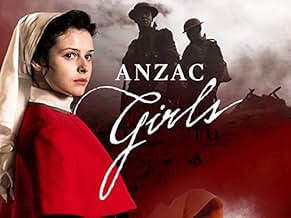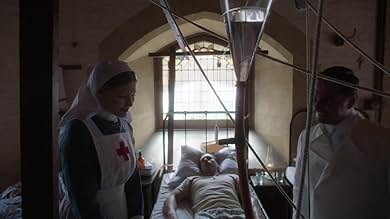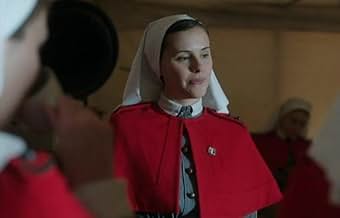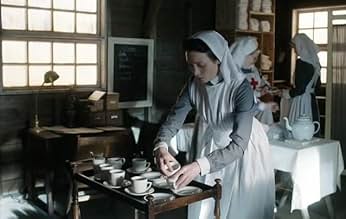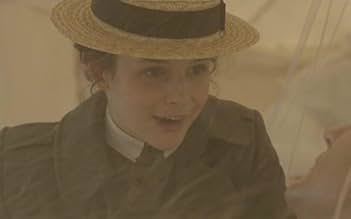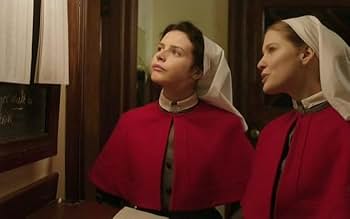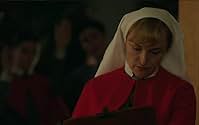Anzac Girls
- Serie TV
- 2014
- 1h
Aggiungi una trama nella tua linguaThe true stories of extraordinary young women who witness the brutality and heroism of war and rise to meet the challenge.The true stories of extraordinary young women who witness the brutality and heroism of war and rise to meet the challenge.The true stories of extraordinary young women who witness the brutality and heroism of war and rise to meet the challenge.


